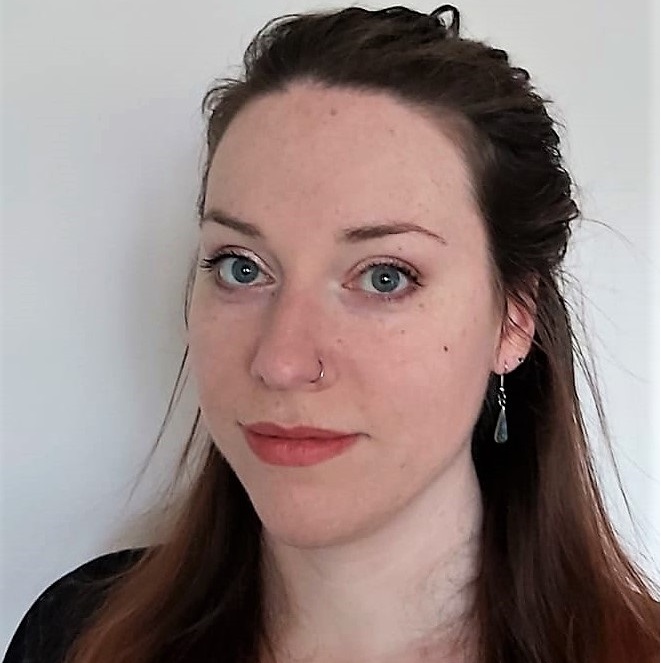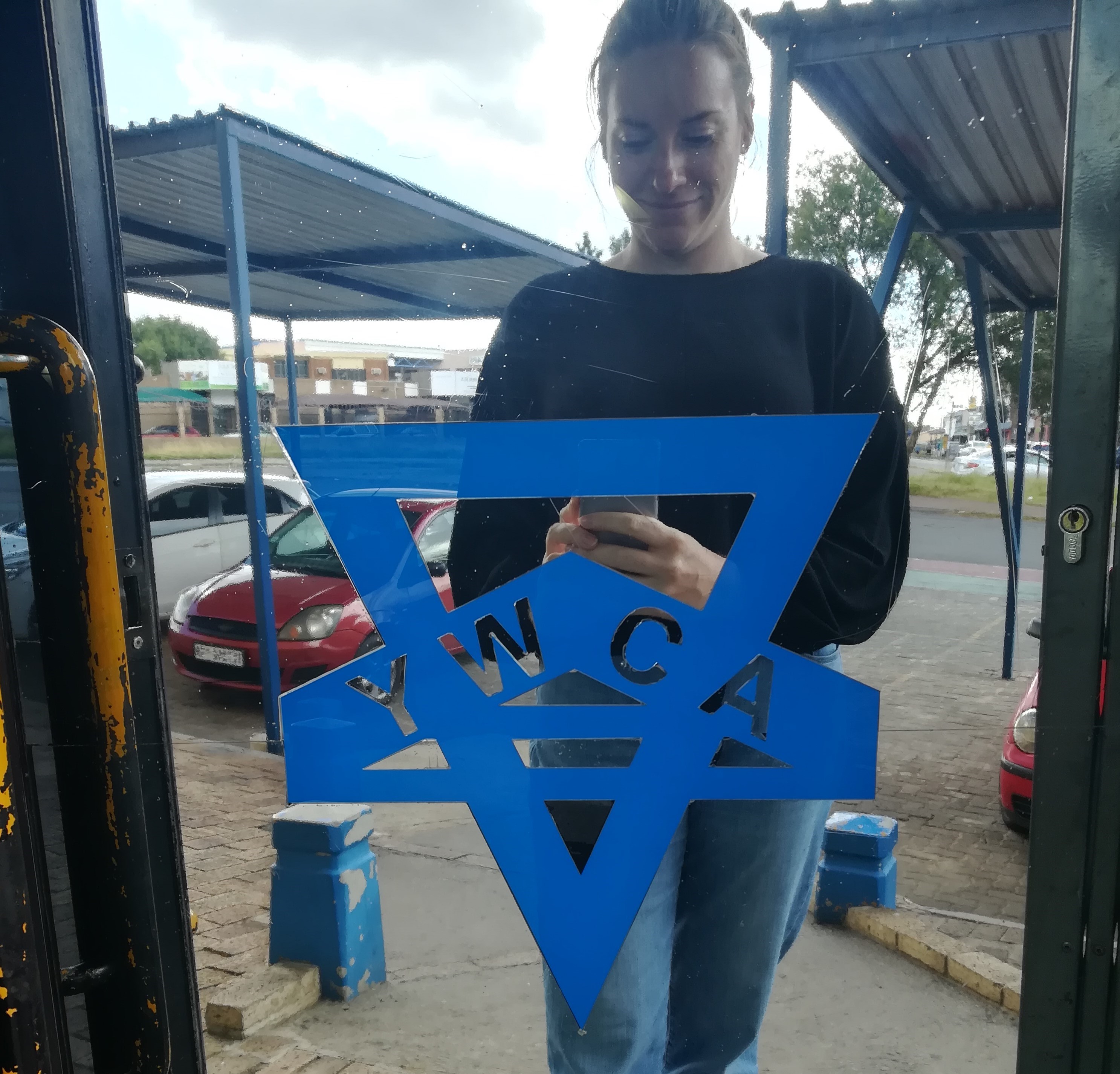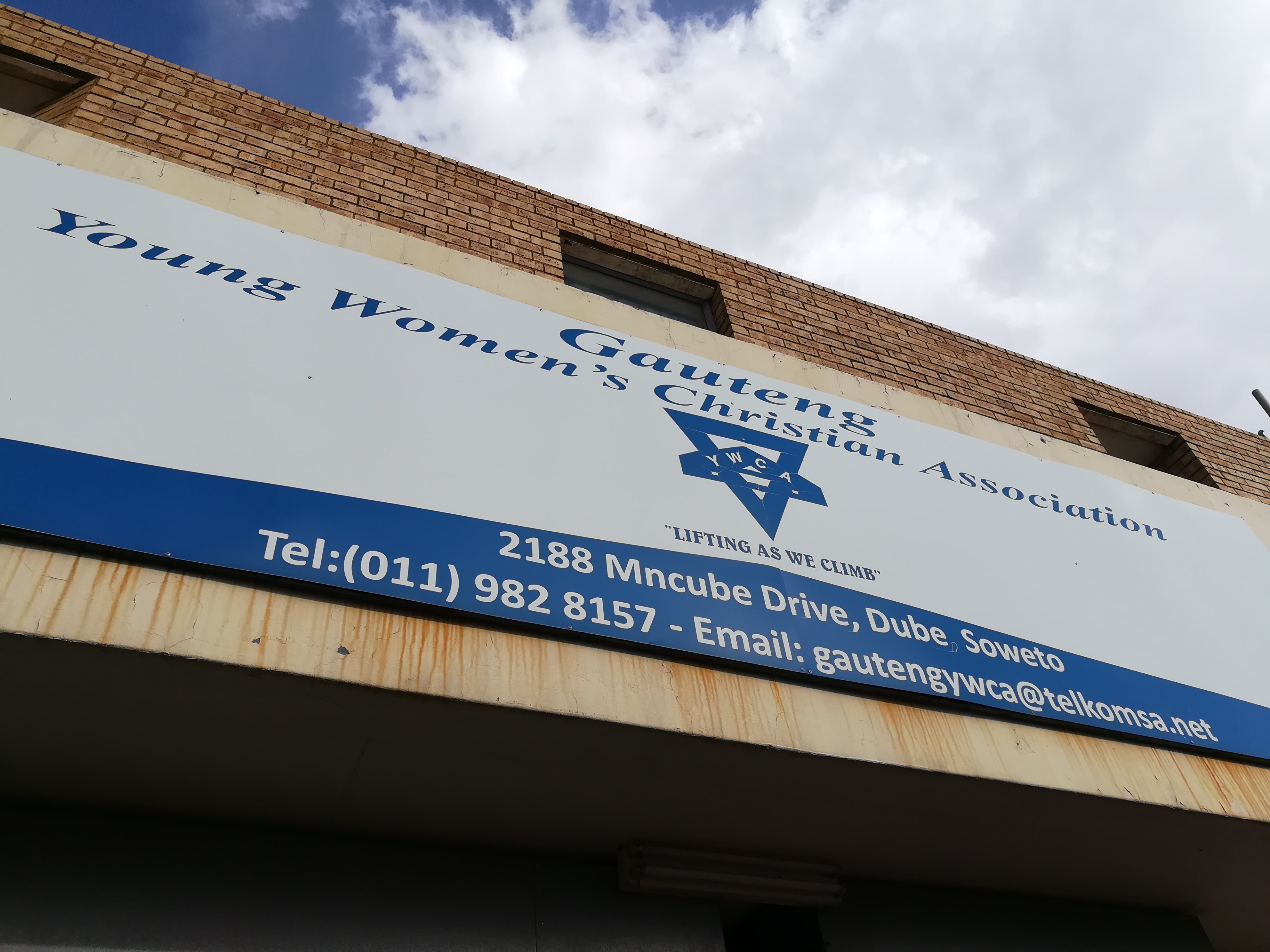News
Interview with Dr. Eleanor Higgs, fellow of the Africa Multiple Cluster of Excellence
30.10.2020

Although the global pandemic has been posing numerous challenges for the work of the Cluster of Excellence, the Cluster’s fellows are still very much an integral part of the Cluster’s research work. In this interview, Dr. Eleanor Tiplady Higgs, who arrived the beginning of October in Bayreuth, talks about her motivation to apply for the fellowship and her field of research.
Welcome to Bayreuth! Dr. Higgs, you have just arrived under these trying circumstances of a global pandemic – what is your impression so far? Will you be able to get done what you came here for?
I am happy to be here, but it’s very strange to arrive and work in these circumstances. So far, I’m enjoying having the opportunity to think and write – previously I’ve had to pursue my academic work alongside other things (part-time jobs, teaching, field research) so it’s nice not to have to divide my attention.
Do tell us a little bit about your academic journey leading up to your stay with us.
I completed my PhD in Gender Studies at SOAS, University of London in 2018 and then I did a postdoc in the Department of Religious Studies at University of Cape Town, from 2018 to 2020. I was pursuing fieldwork in Soweto when the pandemic hit, and I decided to go back home early. So, I was at home in the UK from March until September — during which time I completed and submitted the manuscript for my forthcoming book titled ‘The YWCA in Postcolonial Kenya: Narrative, Identity, and Ethics’ — and then I came to Bayreuth at the beginning of October.

What impacted your decision to apply for the fellowship at our Cluster of Excellence? In which ways are you hoping to contribute to the Cluster’s agenda?
I was particularly attracted by the Cluster’s stated aim of ‘reconfiguring’ African Studies, for two reasons. First, as a scholar trained in philosophy, theology, religious studies, ethics, and gender studies, I enter African Studies conversations and spaces as an outsider. This is significant because I am working on Christianity, gender theory, and women’s movements in and from African contexts. Second, as a white British feminist academic, I am obliged to be careful and reflexive when (if) I enter academic and political discourses about ‘Africa’. I am concerned with the politics of knowledge production, although I specify that my object of study is not ‘Africa’ – rather, I study the Young Women’s Christian Association (YWCA) in Kenya and South Africa. As soon as it is published, however, my work runs the risk of being taken up by/in wider political projects that depend on consuming and applying academic ‘knowledge’ about Christianity, women, sexuality, and gender in Africa, such as development industry discourse, foreign policy, or global right-wing Christian alliances.
Furthermore, there has been—and continues to be—a racialized power imbalance in ‘African Studies’ (and in academia in general). I am significantly closer to the (white, European) scholars who have historically defined the field (of ‘Africa’ and ‘African Studies’) than I am to the people who have been subject to its gaze. So, I recognise that I am implicated in the ongoing problem of academic/scientific objectification and consumption of the African ‘other’ under the guise of scholarship which usually presents itself as separate to politics. In fact, academic work, as ‘theory’ or ‘science’, has always been invested in, and part of the material and ideological support for, the colonization and the extraction of people, natural resources, and wealth from the continent. Because I am personally and professionally implicated in this situation as a beneficiary of these processes, I have responsibilities for ‘reconfiguring’ the relationship of white, western, colonial academic structures and institutions to ‘Africa’, and the production of knowledge about ‘Africa’ – even if I am not ‘really’ in African Studies myself.
I am responsible for thinking about the ethical-methodological question of how to do research about women’s movements in African contexts, but also for thinking about the ethical-political questions of why I should be engaged in that work in the first place, and what range of positive and/or negative effects it is likely to have. I think of these effects as being like a drop of water hitting a pond, producing a ripple that expands in all directions from where it met the surface. The effects of my work could ripple outwards from the immediate situation of my research (e.g. the impact on my interlocutors and research participants) to reach other parts of the women’s movements in Kenya and South Africa—although perhaps less immediately. These ‘ripples’ could potentially combine with those made by other researchers’ ‘drops’ in the pond, to impact how ‘Africa’ is seen within gender studies and religious studies, or effect the authority and audibility of African academics in these fields — and so on. I cannot hope to answer these questions during this fellowship, but I aim to integrate them into my work (for now, and in the long term), and to share them and address them with my colleagues.

Which research topics are you specifically working on at the moment?
As a feminist scholar of religion and gender, I am interested in the realities of Christian women’s collective engagements with Christian ethics. I have approached this through archival/ethnographic research with the Young Women’s Christian Association (YWCA) in Kenya and South Africa. In thinking about how best to approach studying and thinking about ethics in everyday YWCA institutional life, I have previously relied on theories of ‘ordinary ethics’ and contributions from the anthropology of morality. While I still find those bodies of work useful, I want to think critically about whether and how they can/should be applied in my work. In my book, I propose a way of thinking about everyday Christian ethics that centres on the institutional uses of narrative to connect personal and shared identities with conduct and ethics. I have begun to flesh this out further using contributions from feminist moral and political philosophy (e.g. Khader 2019), African decolonial theory/praxis (e.g. Tamale 2020), the method of institutional ethnography (Smith 2006), and Sara Ahmed on racism and ‘diversity’ in institutions (2012). These interests and theoretical concerns will come together in a paper outlining how ethics is passed own, or not, from older members and leaders of the YWCA in South Africa, to younger women and newcomers through a project of ‘intergenerational dialogue’.

